
 The day has finally arrived, and most high school seniors who have worked diligently every year for the past four years followed most of their teacher’s directions, earned decent to exceptional grades, and learned a few tricks along the way. Now the last task of their high school career is to wait anxiously for their names to be announced, walk proudly across that ceremonial stage, shake the hands of the school’s administrators, and then perhaps return home with their families to celebrate the fact that high school is finally over. But now what’s next? And are they really ready to face what the real world has to offer? This is a question that many parents, educators, and students themselves may ask as they approach the end of their secondary education. The answer is not simple, as different skills and competencies are required for different paths and goals in life. However, some general indicators can help us assess how well our high school graduates are equipped to face the challenges and opportunities of adulthood.
The day has finally arrived, and most high school seniors who have worked diligently every year for the past four years followed most of their teacher’s directions, earned decent to exceptional grades, and learned a few tricks along the way. Now the last task of their high school career is to wait anxiously for their names to be announced, walk proudly across that ceremonial stage, shake the hands of the school’s administrators, and then perhaps return home with their families to celebrate the fact that high school is finally over. But now what’s next? And are they really ready to face what the real world has to offer? This is a question that many parents, educators, and students themselves may ask as they approach the end of their secondary education. The answer is not simple, as different skills and competencies are required for different paths and goals in life. However, some general indicators can help us assess how well our high school graduates are equipped to face the challenges and opportunities of adulthood.
Let us first focus on academic achievement. According to the National Assessment of Educational Progress (NAEP), the average reading and math scores of 12th graders in 2019, the pre-pandemic, were slightly lower than in 2015, and significantly lower than in 1992. This suggests that there is room for improvement in the quality and rigor of the curriculum and instruction in our schools. Moreover, only about 40% of high school seniors met the college readiness benchmarks in both reading and math on the ACT test in 2019, indicating that many students may struggle with the academic demands of higher education.
Another indicator of whether high school students are prepared for the real world is career readiness. According to a survey by Junior Achievement USA and Ernst & Young LLP, only 41% of high school seniors in 2019 had a clear idea of what they wanted to do for a living after graduation, and only 33% had taken steps to prepare for their chosen careers. This implies that many students lack the guidance and exposure to explore their interests and talents, and to develop the skills and credentials that employers value. Furthermore, only 19% of high school seniors in 2019 had participated in an internship, apprenticeship, or co-op program, which are valuable opportunities to gain hands-on experience and network with professionals in their fields.
A third indicator is social and emotional readiness. According to a report by America’s Promise Alliance, only 54% of high school seniors in 2018 felt that they had the skills to cope with stress, and only 47% felt that they had the skills to deal with conflict. This suggests that many students lack the resilience and self-regulation that are essential for well-being and success in life. Additionally, only 63% of high school seniors in 2018 felt that they had a sense of purpose or meaning in life, and only 59% felt that they had a sense of belonging or connection to others. This implies that many students lack the motivation and support that are crucial for happiness and fulfillment in life.
What are some tools that high school students should acquire to succeed in their academic, professional, and personal lives?
- The tools listed below are not only useful for high school, but also for college, career, and beyond. High school is a crucial stage in a person’s life, as it is the time when they develop their skills, interests, and goals for the future. However, many high school students may feel overwhelmed by the academic pressure, social expectations, and personal challenges that they face. How can they prepare themselves for the real world that awaits them after graduation?
1. Critical thinking: Critical thinking is the ability to analyze, evaluate, and synthesize information from various sources and perspectives. It helps students to solve problems, make decisions, and form their own opinions. Critical thinking also enables students to question assumptions, challenge biases, and recognize fallacies. To develop critical thinking skills, students should read widely, engage in discussions and debates, and practice logic puzzles and games.
2. Communication: Communication is the ability to express oneself clearly and effectively in oral and written forms. It also involves listening actively and respectfully to others and giving and receiving feedback. Communication skills are essential for building relationships, collaborating with others, and presenting one’s ideas and work. To improve communication skills, students should participate in extracurricular activities, join clubs and teams, and take courses in public speaking and writing.
3. Creativity: Creativity is the ability to generate original and innovative ideas and solutions. It involves imagination, curiosity, and experimentation. Creativity skills are valuable for adapting to changing situations, overcoming challenges, and creating value. To foster creativity skills, students should explore their passions and hobbies, try new things, and learn from failures.
4. Self-management: Self-management is the ability to plan, organize, and execute one’s tasks and responsibilities in a timely and reasonable manner. It involves setting goals, managing time, prioritizing activities, coping with stress, and self-care. Self-management skills are important for achieving academic success, maintaining a healthy lifestyle, and balancing work and life. To enhance self-management skills, students should use calendars and planners, create routines and habits, and practice mindfulness and relaxation techniques.
5. Social-emotional learning: Social-emotional learning is the ability to understand and manage one’s emotions, empathize with others, and establish positive relationships. It also involves self-awareness, self-regulation, social awareness, relationship skills, and responsible decision-making. Social-emotional skills are crucial for developing one’s identity, confidence, and resilience. To cultivate social-emotional skills, students should reflect on their feelings and values, seek support from others, and engage in community service.
College: Let’s explain why it’s okay that not everyone is cut out for college, and guidance counselors should present students with more career options.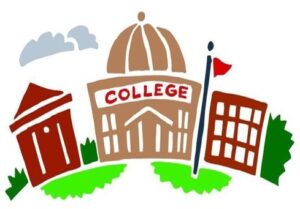
-College is often seen as the default path for high school graduates, but it is not the only option. In fact, for some students, college may not be the best fit for their interests, skills, goals, or financial situation. There are many reasons why it’s okay that not everyone is cut out for college, and why guidance counselors should present students with more career options.
-First, college is not a guarantee of success. While a college degree can open some doors and opportunities, it does not necessarily lead to a fulfilling or lucrative career. Many college graduates struggle to find jobs in their fields of study or end up in low-paying or unrelated positions. Some even regret their choice of major or college and wish they had pursued a different path. College is also expensive and can leave students with a heavy burden of debt that can limit their choices and opportunities later in life.
-Second, college is not the only way to learn and grow. There are many other ways to acquire valuable skills and knowledge, such as vocational training, apprenticeships, online courses, self-study, or work experience. These alternatives can be more affordable, flexible, and practical than college, and can prepare students for specific careers or industries that are in high demand. Some of these careers may even pay more than those that require a college degree, such as electricians, plumbers, welders, or web developers.
-Third, college is not the best fit for everyone’s personality and learning style. Some students may not enjoy the academic environment of college or may have different passions and talents that are not nurtured by the traditional curriculum. Some may prefer to learn by doing, rather than by reading or listening or may thrive in more creative or hands-on settings. Some may have personal or family responsibilities that make attending college difficult or impractical. These students should not be forced to conform to a one-size-fits-all model of education, but rather be encouraged to explore their own strengths and interests.
-Therefore, it’s okay that not everyone is cut out for college, and guidance counselors should present students with more career options. College is not the only path to success, happiness, or fulfillment. There are many other ways to achieve one’s goals and potential, and students should be aware of them. By providing students with more information and support, guidance counselors can help them make informed and confident decisions about their future.
-In conclusion, based on these indicators, it seems that today’s high school seniors may not be fully prepared for the real world. However, this does not mean that they are doomed to fail or that they cannot learn and grow. Rather, it means that we need to do more as a society to ensure that our schools provide them with the knowledge, skills, and opportunities that they need to thrive in the 21st century. We also need to do more as parents, teachers, and mentors to nurture their confidence, curiosity, and creativity, and to help them discover their passions and full potential.
-Last, here is a list of reputable careers that need little to no college or just completed hours of a vocational or professional school program. Some professions just need your years of expertise and passion to make that money! Feel free to print. Try to come up with your own list. Please keep in mind that each state has different requirements for vocational licensures. So, make sure you complete thorough research before pursuing your next career.
REPUTABLE CAREERS

And finally, I would like to give a great big congratulations to the class of 2023. May God protect you and guide you to a successful career and beyond.
That’s Cathy’s Perspective




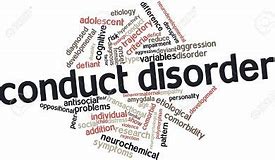





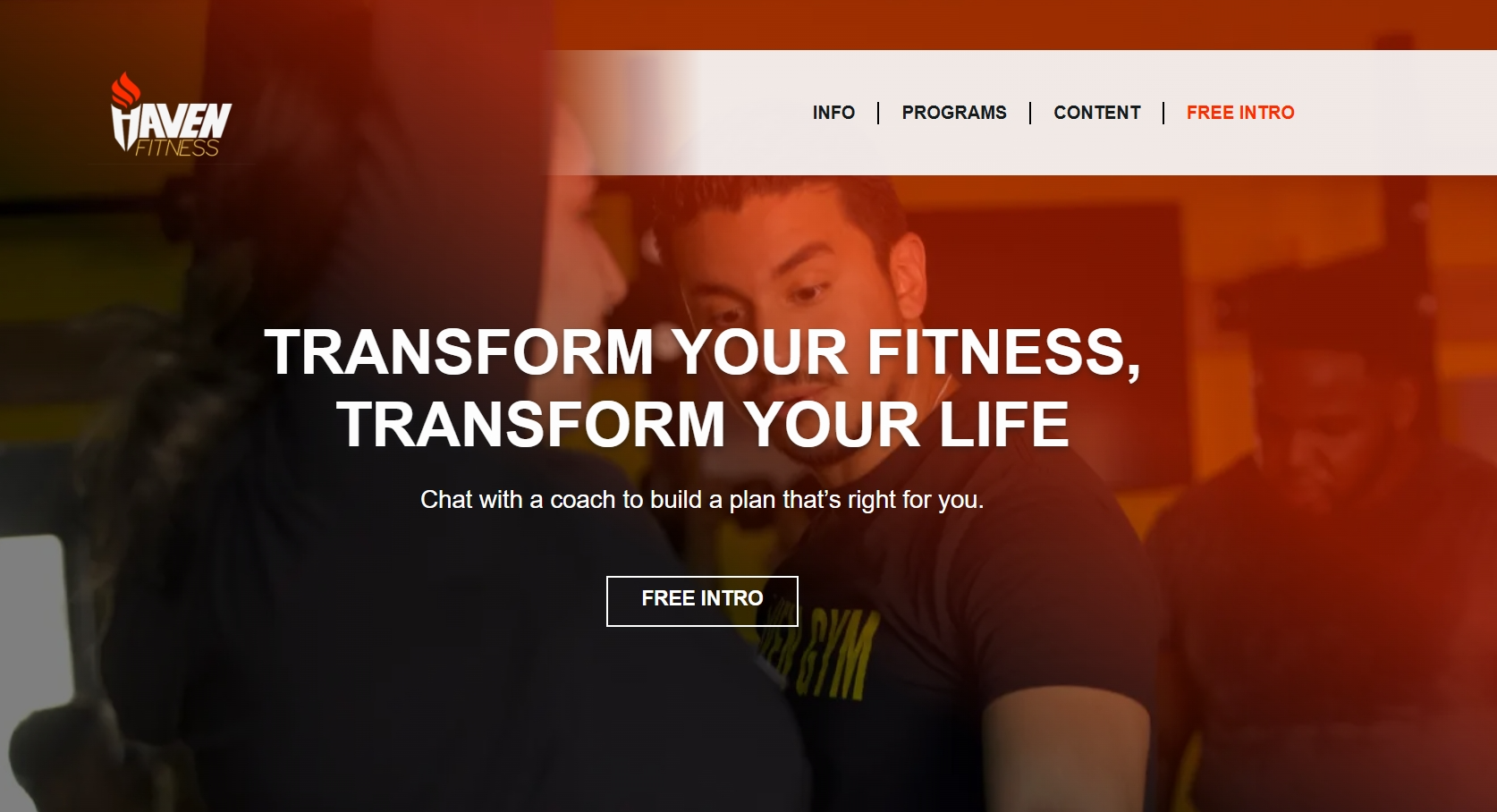






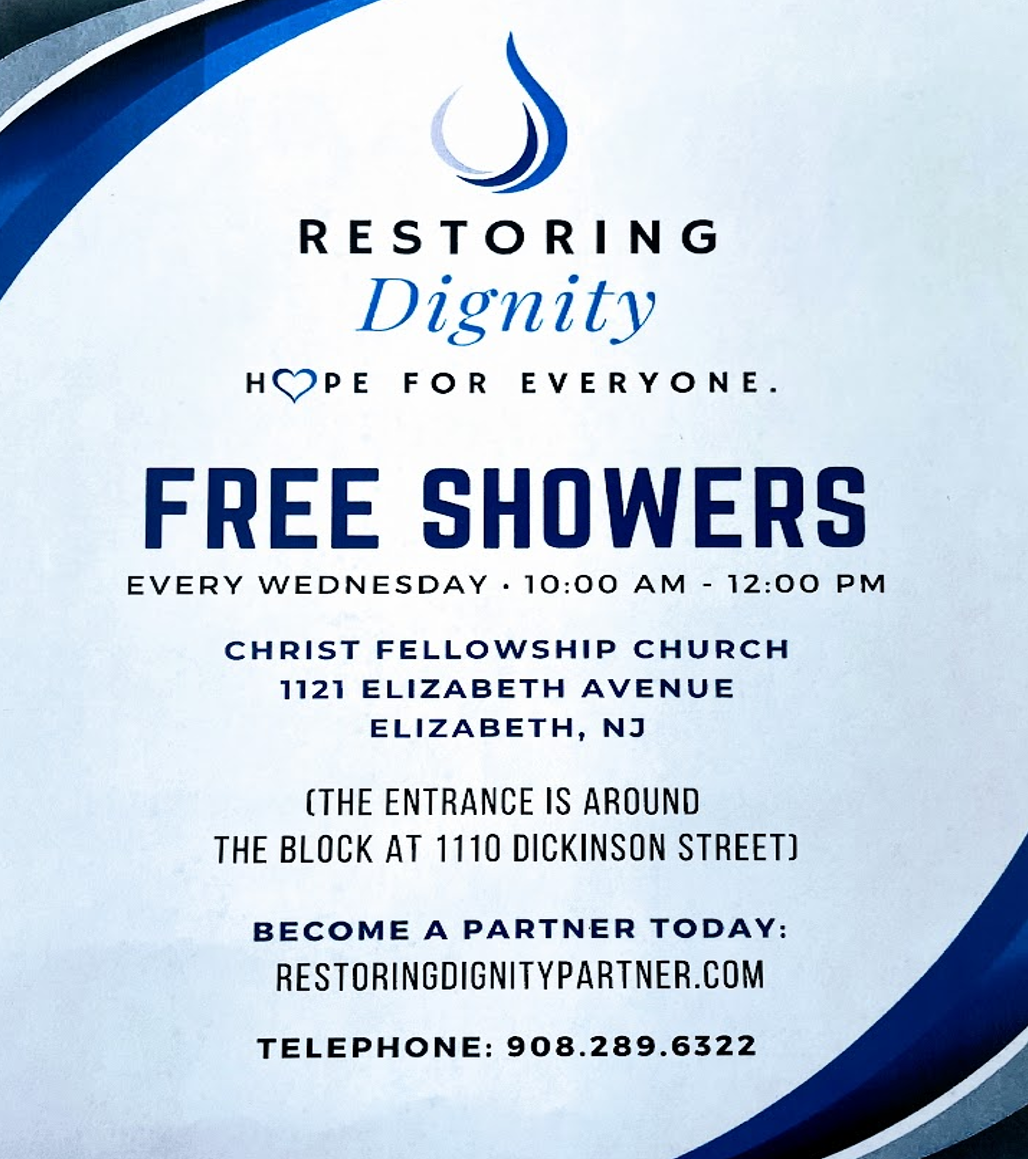
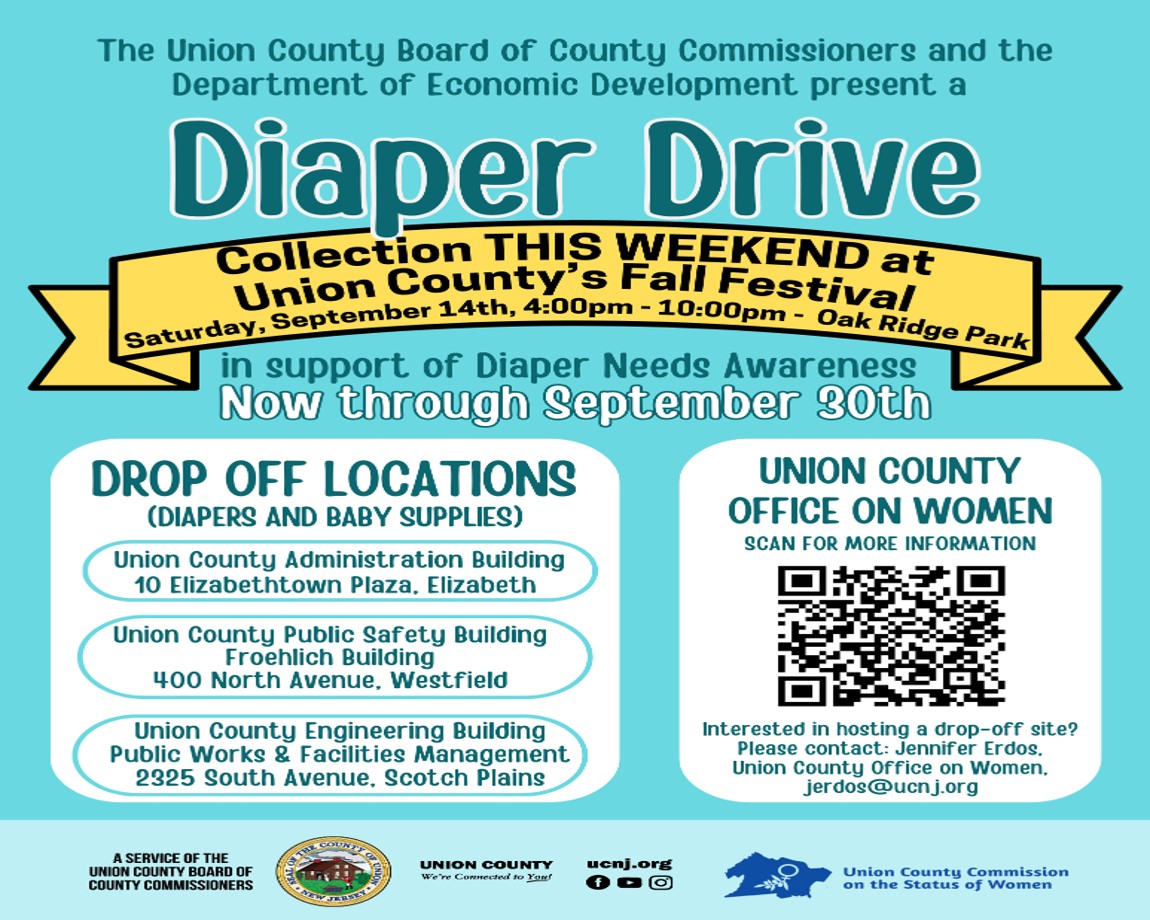




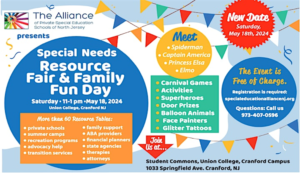
Comments